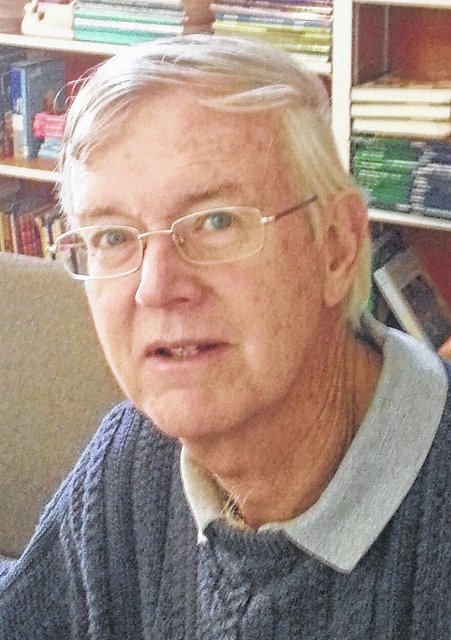
A presidential election year, with primary season in full bloom, represents an appropriate time to revisit a theme mentioned before in our monthly column written on behalf of the Newberry County Literacy Council. That theme is the connection between literacy and democracy.
The Founding Fathers knew that the key element of the democracy they were creating was citizenship. Benjamin Franklin, when asked after the Constitutional Convention whether the delegates had created a republic or a monarchy, reportedly replied: “A republic, if we can keep it.”
What did he mean? He probably meant that democracy would be hard work, that citizenship is a challenge. Most conceptions of citizenship include some variation on the following: keeping up with current events; participating in the political process through voting, supporting candidates, or running as a candidate; speaking out on issues; and respecting the right of others to disagree with your positions.
We have to learn to do these things. We also need to know the meaning of democracy. We need familiarity with writers such as Plato, Locke, Rousseau, Tocqueville and Dewey; with works such as the Constitution and the Federalist Papers; with significant speeches (such as by Lincoln and Roosevelt); and some acquaintance with writers critical of democracy or advocating different approaches (such as Machiavelli, Hobbes, or Marx).
How do we gain this education to understand democracy and citizenship? For most of us, through our formal education, through reading we do at school. After our formal schooling, we read newspapers and magazines and books to keep up with current events and to learn about candidates and the issues, and to participate in choosing candidates.
Granted, we can also learn about current politics through listening to candidates and news shows and friends, but the skill of reading is certainly an important one for democracy. When children fail to develop into competent readers and when they become adults without literacy skills, democracy is challenged. As Franklin said, it makes it hard to keep it.
In a recent column in the New York Times, David Brooks pointed out that democracy is messy. On any issue and in any election, there are diverse and contradictory positions. Politics, he points out, involves an endless conversation to work out differences. No issue is resolved for good and most times we have to settle for less than we want.
An unwillingness to listen to others and to share in a conversation about our differences puts democracy at risk. The alternative to democracy is having policy and decisions dictated to us, without benefit of a voice in the decisions. So, if we want to keep a democracy we must find ways for the conversation to continue.
In the coming presidential election, we all have issues that are important to us. For some, immigration policy is paramount, for others health care or programs for the poor or terrorism or climate change.
How do we make sense of competing claims and the different views of the candidates? Happily, when we develop literacy skills we also have the opportunity to develop the skills of critical analysis — the ability to subject what we read and hear to rules of logic and evidence.
When we discuss our readings at the People’s College, sponsored by the Literacy Council, we use these skills to analyze what an essay means: is the argument well-constructed, does it make sense, is it convincing, and what are the arguments that could be used to challenge it?
We need to use these critical skills as citizens who vote and run and express ourselves.
We keep this connection between literacy and democracy in mind as we organize programs at the Literacy Council. We do not just focus on the ability to read.
Our FAST Program helps parents work with the schools to improve their children’s education. We have financial literacy classes, and tax preparation, and the People’s College and the Weekly Reader Book Club so that people develop and employ the literacy skills needed to participate and thrive in our democratic society.
We want all to join the endless conversation described by David Brooks. As always, I ask you to join us in our activities. Volunteer as a tutor, make a financial donation, or refer someone to us. Think about participating in the People’s College or the Weekly Reader Book Club.
The People’s College is a program described as a college-like experience for those who were not able or did not feel qualified to attend college. In fact, we have people in the group who graduated from college, some who had a bit of college, many with high school degrees and some without the high school degree.
We find this mix stimulating and educational. We all, at our different levels of education, have much to offer the others. Our diverse life experiences and challenges add to our understanding of the diversity of our society and the ways people who are different from ourselves experience the world around us.
The same is true for our Weekly Reader book club. We read a book and then bring our particular experiences and perspectives to the discussion of it which is always rich and illuminating. Again, join us for these or any of our activities.
Until next time, happy reading.
